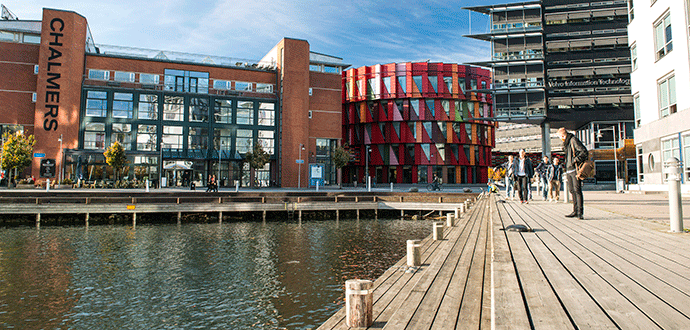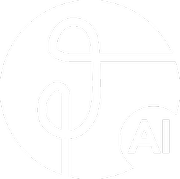General Information

PT-AI 2021
4th Conference on “Philosophy and Theory of Artificial Intelligence”
Gothenburg
27-28 September, 2021
(Previous conferences: Thessaloniki 2011, Oxford 2013, Leeds 2017)
Organisation
Vincent C. Müller, Technical University of Eindhoven (& University of Leeds & Alan Turing Institute)
Ivica Crnkovic & Gordana Dodig-Crnkovic, Chalmers & University of Gothenburg
Location
Chalmers University of Technology, Gothenburg (Lindholmen Conference Centre, see video also) & ONLINE
- The conference is a hybrid event, i.e. on-site and on-line. Participation fully online is possible. Papers & discussions are streamed live, but not recorded.
- There is no conference fee.
Programme: https://www.pt-ai.org/programme
- Zoom linksRoom A: KelvinMeeting URL: https://chalmers.zoom.us/j/68081761401?pwd=S1hzb3AyRHh3R2YxaHE1cDU2Ty9xQT09 Meeting ID: 680 8176 1401Passcode: 538656Room B: DecibelMeeting URL: https://chalmers.zoom.us/j/64144767943?pwd=S0k4VCsrMXhrd0dMOWE4a3RvczhXZz09 Meeting ID: 641 4476 7943Passcode: 611225

Invited Speakers
– Virginia Dignum (Umeå, S) “Responsible AI: from principles to action”
– Michael Levin (Tufts, USA) “Intelligence beyond the brain: basal cognition of life in diverse problem spaces inspiration for AI”
– David Papineau (KCL, UK) “A Philosopher’s Reactions to GPT-3”
– Shannon Vallor (Edinburgh, UK) “The Digital Basanos: AI and the Virtue and Violence of Truth-Telling”
Proceedings
Accepted papers and posters will be published in a volume of proceedings (likely in Springer’s SAPERE series or the Synthese series). Upload to a freely accessible place is encouraged (e.g. PhilPapers).
For details, see the Call for Papers page.
Papers from previous conferences have been downloaded over 350,000 times from the publishers alone:
2011: ‘Minds and Machines‘ & SAPERE series
2013: Synthese series
2017: SAPERE series
Themes
Artificial intelligence is set to change the world – as well as the way we see ourselves and the world. The conference will deal with fundamental issues of present and future artificial intelligence, such as:
Basic Concepts of AI: Complexity, Computation, Consciousness, Creativity, Free will, Information, Intelligence, Intentionality & meaning & representation, Life, Superintelligence & singularity
Ethics of AI: Human dignity and AI, Impact on society, Machine ethics, Bias & fairness, Responsibility & rights for machines, Risk to humanity & AI safety, Privacy, manipulation
Approaches & Methods of AI: Big data analytics, Cognitive architecture, Cooperation & interaction, Cybernetics, Dynamical systems, Embodiment, Enactive cognition, Embedded & extended mind, Expert systems, Machine learning & neural networks, Neuroscience & AI, Non-symbolic AI, Robotics
Challenges of AI: Action selection & rational choice, Brain emulation and uploading, Symbol grounding, Common sense, Frame problem, Gödelian arguments, Turing test, …
Programme Committee
Abramson, Darren
Arriagada-Bruneau, Gabriela
Beavers, Anthony
Berkeley, Istvan
Cannon, Michael
Copeland, Jack
Dietrich, Eric
Dodig-Crnkovic, Gordana
Firt, Erez
Gomila, Antoni
Gudmunsen, Zach Seyed
Loehr, Guido
Magnani, Lorenzo
Miłkowski, Marcin
Morales, Diego
Müller, Vincent C.
Piccinini, Gualtiero
Schiaffonati, Viola
Shagrir, Oron
Vallverdú, Jordi
Wheeler, Michael
Wiedermann, Jiri
Sponsors

